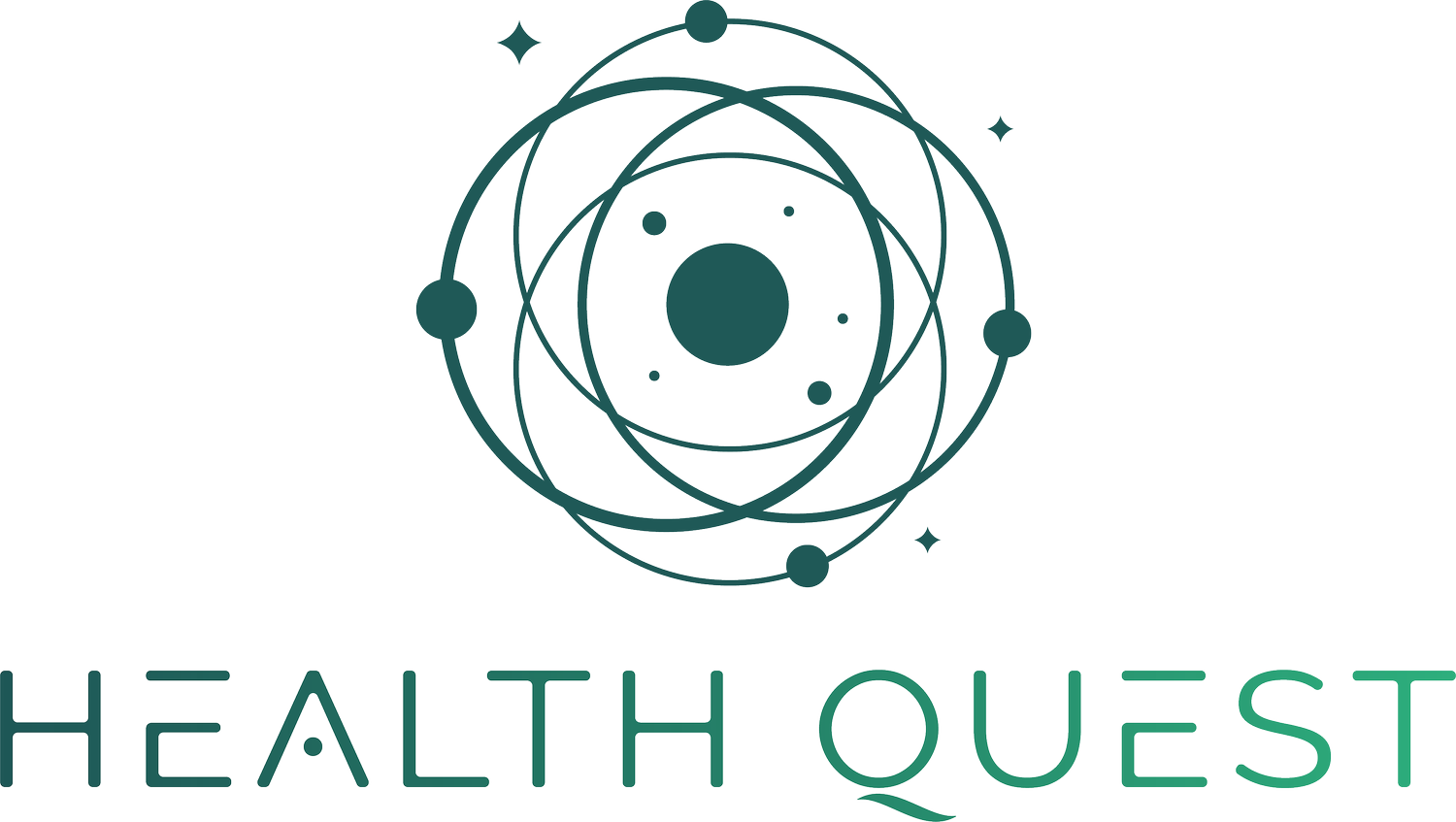SELF-CARE - What Do I Care?!? Hopefully a LOT!
I would have to say that one of the top issues that emerges in my psychotherapy work with people is the issue of Self-Care. It tends to become a prominent issue for obvious reasons - when there is not enough of it people tend to suffer! Clients may push self-care by the wayside in the service of fulfilling other obligations. Whether it be school, work, or caring for others, people will neglect this important need and thus contribute to their utter peril.
This neglectful choice is perilous because the lack of self-care inevitably creates an unbalanced lifestyle. What I mean is that self-care is inexorably tied to one’s personal values. We are practicing effective self-care when the activities of our lives line up with who we want to be. I often ask people to break down the different facets of their life activities that connect with their personal identities which can include: Familial Ties and Friendships, School/Work/Professional Development & Productivity, Recreational Activities/Interests/ Hobbies and sometimes this may include Spirituality, though that piece is not necessarily for everyone.
One of the most common issues that can arise is that a person is perhaps working too much. They are devoting SO much time to this one endeavor that other important aspects of their lives are not being tended to. It stands to reason that if you’re too busy studying or spending prolonged hours at the office then you are not prioritizing time to be with the people in your life who matter most to you. You might feel good about earning top marks in school or putting the time in to be a top earner and provider, but also feel like you’re being a terrible spouse, parent, sibling, or friend. It may also impact how you’re feeding yourself as you might turn to the convenience of fast food and snacks of dubious nutritional value. Eating and/or working late will have negative consequences for your sleep cycle as well - yet another important facet of self-care.
Fortunately there is hope for these kinds of situations. I would venture to say that there is ALWAYS room for hope because I endeavor to be an optimist, though in certain situations I grant that hope may be trickier to access. I sometimes reference the film “Life Is Beautiful” as an (albeit fictional) example of accessing hope in the direst of situations.
Anyway, how one can move the needle starts with a self-appraisal or check-in. In other words it’s incredibly helpful to be aware of what you need to take action on before you can take meaningful, directive action. I call that “Mapping Out Your Roadtrip” or figuring out where we’re heading (i.e. establishing goals). This happens all of the time in therapy, but obviously is not exclusive to the therapy office. Take some time to check-in with yourself and evaluate how you’re spending your time. Are you devoting time to things that GIVE you energy or are you just engaged in mostly obligatory activities that deplete your bandwidth leading to feelings of feeling trapped, fatigued and resentful?
Setting boundaries is CRITICAL to feeling like you are taking charge of your life. I like to ask people, “What is your wiggle room?” In those moments I am asking about where they can scale back and/or ramp up. We can either feel resigned to our rigid schedules and hyper-focus on the uncontrollable aspects of our lives OR we can find some way to work in what matters most to us. When we do that we are taking the wheel and starting to steer ourselves in the direction of our self-made destinies. We can either think to ourselves, “Oh that’ll happen when it happens,” thereby fostering a passive sense of reactivity OR we can ask ourselves, “How can I MAKE what NEEDS to happen actually happen?” thereby promoting a more proactive sense of agency. Now then…what are YOU gonna do to actuate YOUR destiny?


